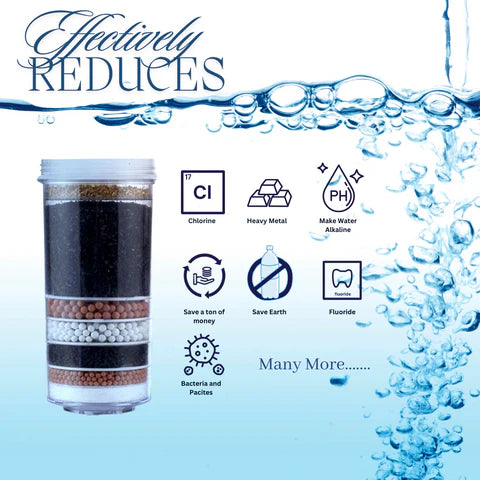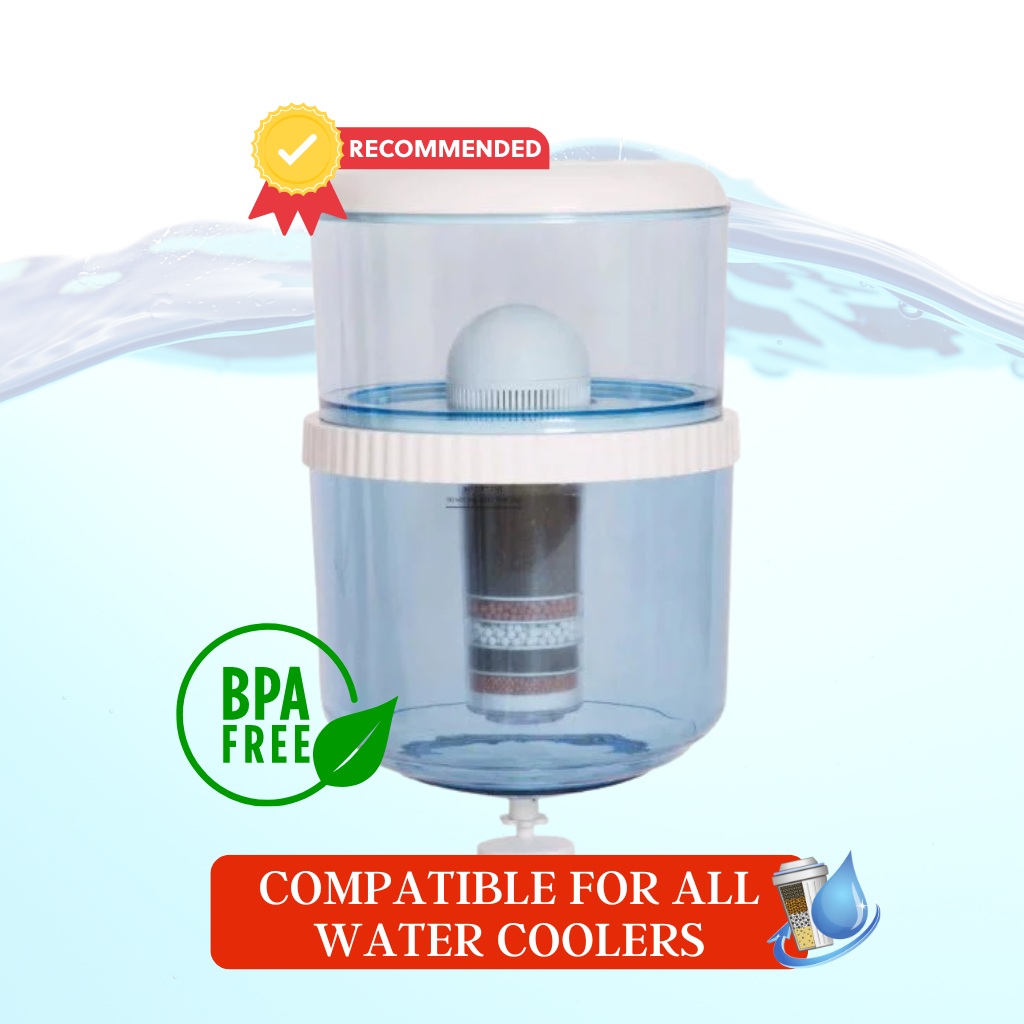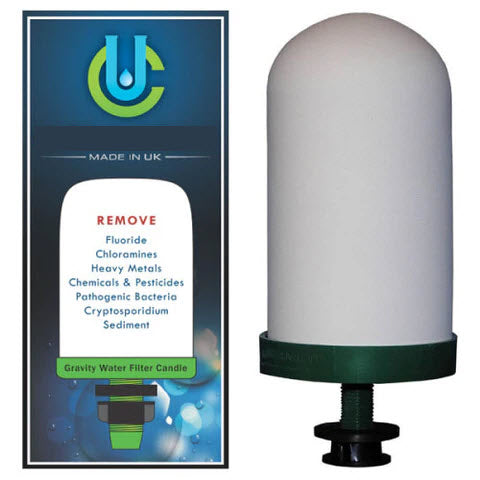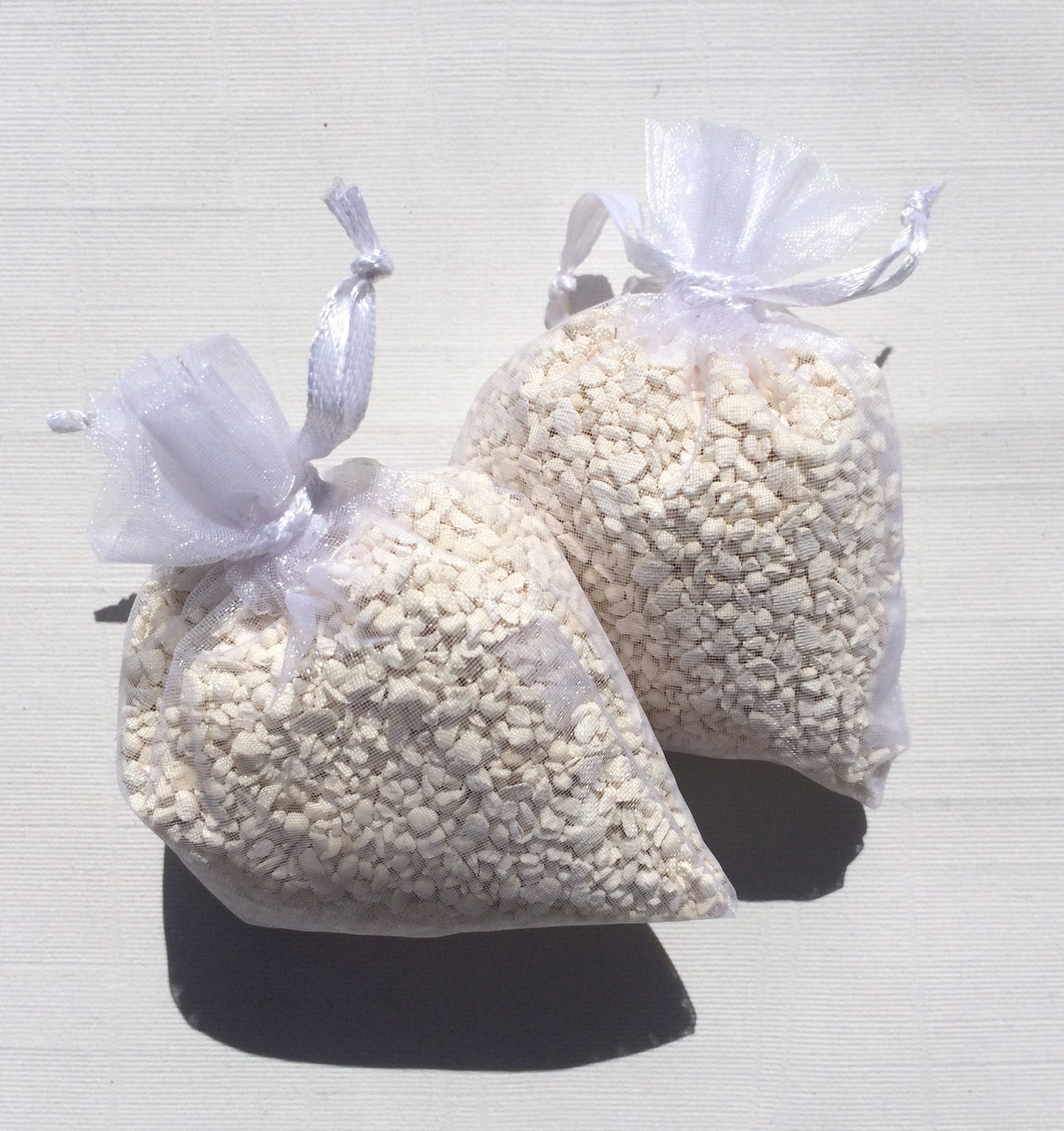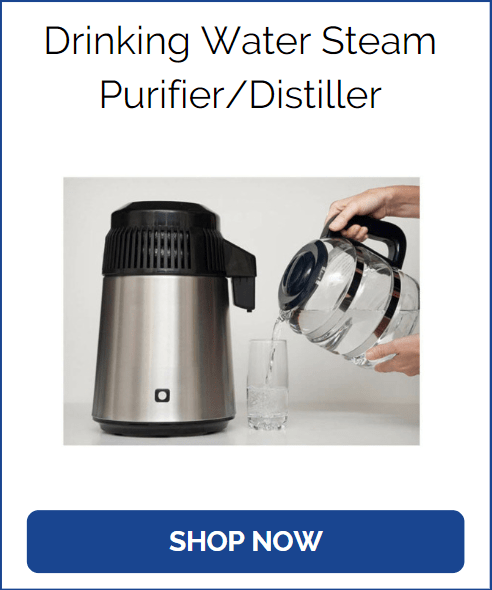Delivered quickly and they were easy to replace.
Great Awesome Deals! Fast Shipping Across Australia!
Menu
-
- Personalised Water Filter Order & Invoice Assistance
-
Water Coolers
-
Water Filters & Purifiers
- Water Cooler Spare Parts
-
Water Filter System
- Water Filter Cartridges
- Water Filter Jug
- Water Bottle
- Benchtop Water Filter
- Water Distiller
- Replacement Water Filter Cartridges Guide
-
Locations
- Awesome Water Filters in Adelaide
- Awesome Water Filters in Darwin
- Awesome Water Filters in Hobart
- Awesome Water Filters in Brisbane
- Awesome Water Filters in Gold Coast
- Awesome Water Filters in Wollongong
- Awesome Water Filters in Sydney
- Awesome Water Filters in Melbourne
- Awesome Water Filters in Perth
- Awesome Water Filters in Canberra
-
- Home
- FAQ
- Contact Us
- Shipping | Return | Refund | Warranty
- Install it with Airtasker
- Awesome News
- 1-800-789-781
- Login

Great Awesome Deals! Fast Shipping Across Australia!
Is Boiled Water The Same As Distilled Water?
September 12, 2025 4 min read
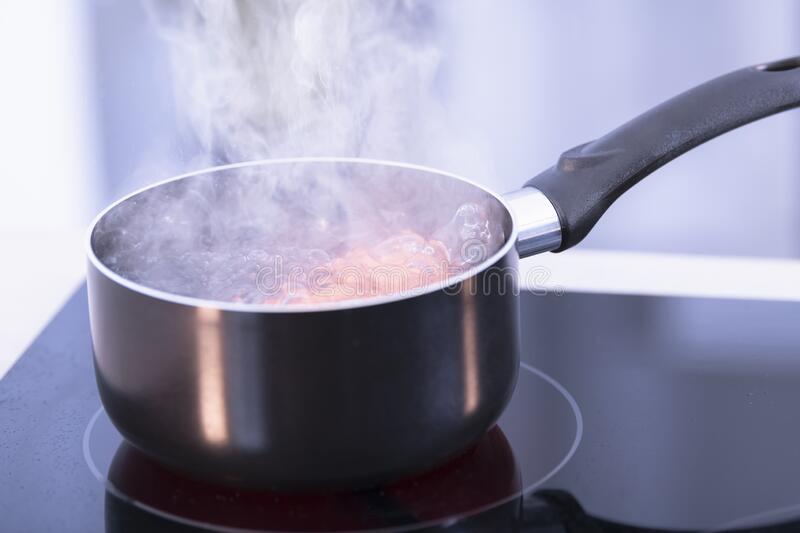
Water from our taps contains certain contaminants, and the water source we drink from our taps contains some impurities. Yes, there should be some contaminants in your drinking water. Otherwise, your body will not absorb the majority of the minerals. But it would help if you filtered out other organisms lurking in your tap water. Many people turn to boil water to kill the germs the traditional way. But is boiled water the same as distilled water?
Let’s first identify each term one by one:
BOILED WATER
Boiling water heats water to 100 degrees Celsius (212 degrees Fahrenheit) for 15 minutes. The first step in the distillation process is to bring the water to a boil. Boiling water is merely one step in the purification process. It kills all bacteria, viruses, and germs while retaining pollutants and nutrients. Most people use this type of water for emergency water sanitation or sanitizing water in rural regions or after floods. The basic goal is to have water that is suitable for drinking and washing.
The process of heating the water takes only a few minutes. Because it doesn’t eliminate minerals from the water, boiling water has a distinct flavor. Many recipes worldwide use boiling water as a preliminary and major way of cooking and drinking. You generally bring water to a boil in water-based cuisines that call for broth or other liquids as a base.
DISTILLED WATER
Making distilled water means going through a series of difficult steps and procedures. Boiling the water until it turns into steam is the first step in the process. It condensed the steam and moved to a new container, where it reverts to a liquid condition after being gaseous. The disadvantage of this type of water is that it has a bland taste and provides no nutritional value because it removes all substances in the water throughout the process. Experts consider that distilled water is pure and safe to consume. Some use it for research and experiments in addition to drinking.
There are no pollutants, bacteria, toxins, or nutrients in distilled water because it is pure water. It removes all components in the water using distillation. Minerals, germs, bacteria, viruses, salts, heavy metals, and other substances are all included in this category. Small amounts of nutrients like sodium, calcium magnesium, fluorine, and potassium are missing from distilled water’s list of nutrients. Distilled water is commonly used in experiments and for drinking. The distillation process usually happens in labs with specialized equipment. Because there are several processes and the water must be condensed back to its liquid state, the actual process could take a couple of hours.
DOES BOILING WATER RESULT IN DISTILLED WATER?
True, boiling distilled water is the initial stage in the process. However, this does not imply that your kettle is capable of carrying out the complete distillation procedure. The reason for this is in the definition of “purified water,” which reads as follows:
Purified water goes through a mechanical process and physical isolation from its impurities. There are various ways for purification, but the three most common are:
- It uses ion exchange resins to remove ionic contaminants from water during deionization.
- Demineralization is a process that extracts mineral salts and is quite similar to deionization.
- Distillation is a particular method for purifying water by making it vaporize.
Distilled water is classified as pure since it physically separates from its contaminants. Because boiled water isn’t purified in this way, it can’t be called a refined product. As a result, boiling water does not make it distilled because it does not filter it.
IS BOILED WATER THE SAME AS DISTILLED WATER?
NO. Both types of water are closely related but not the same.
The difference between distilled water and boiling water is that it removes all contaminants, including minerals and microbes with distilled water. In contrast, boiled water contains minerals but is free of microorganisms. Boiled water is safe to drink, but distilled water is advisable for daily consumption.

KEY DIFFERENCES
- Distilled water is the result of a series of procedures and processes applied to water. It creates steam by heating, boiling, and turning water into steam. It’s condensed back to its liquid form as pure water as steam. Boiling water, on the other hand, is simply boiling water till it reaches its boiling point. Some of the water inside the boiling mechanism converts to steam, while the rest stays a liquid.
- When you compare the two processes, the distilled water returns to its liquid state. In the boiling water process, just a small portion of the water changes state.
- Because it is devoid of all useful minerals, contaminants, and bacteria, distilled water has no “flavor.”
- The “flavor” of boiled water retains since microbes are the sole category of destroyed or killed objects. Minerals and contaminants are still present.
- The first step in making distilled water is to boil the water. In comparison to the latter, it is also easier and faster to prepare.
- Boiled water requires a fire and a boiling container, whereas distilled water necessitates various tools, including water containers and glassware. It collects and trasnports the evaporated water by the glass equipment from one container to another. The burner, of course, is a need for the process.
FINAL THOUGHTS
Is boiled water the same as distilled water? NO. Contrary to beliefs, they’re different. They differ in processes, organisms they kill, flavor, and liquid state. The fundamental distinction between these two items is that boiled water is not purified water. You can’t use it in extremely high-quality water applications. On the other hand, distilled water is one of the purest types of water in various applications. However, unlike boiled water, you should not consume distilled water regularly.
Subscribe
Sign up to get the latest on sales, new releases and more …

